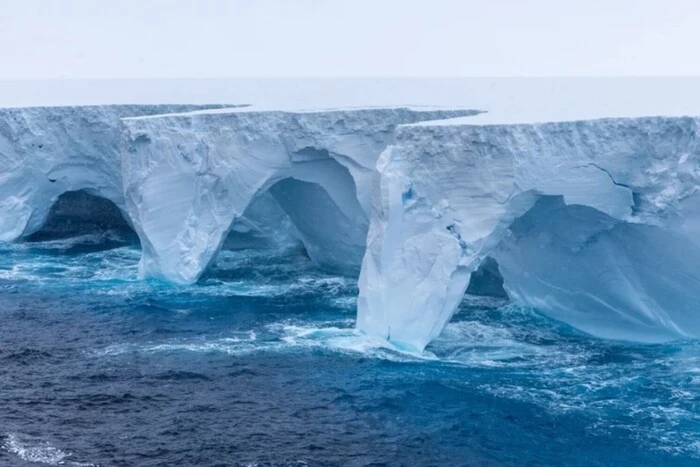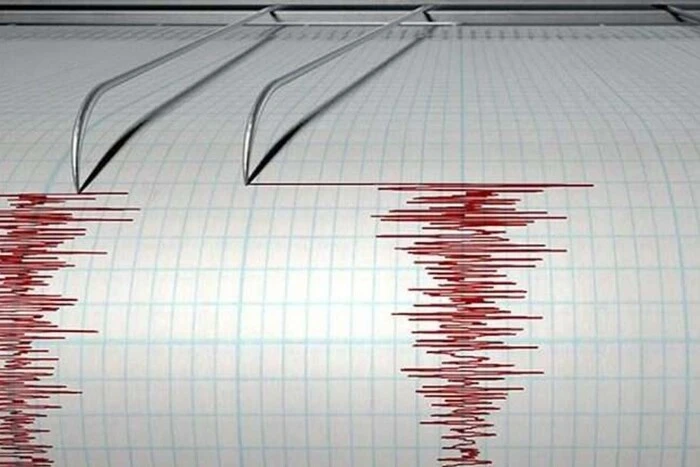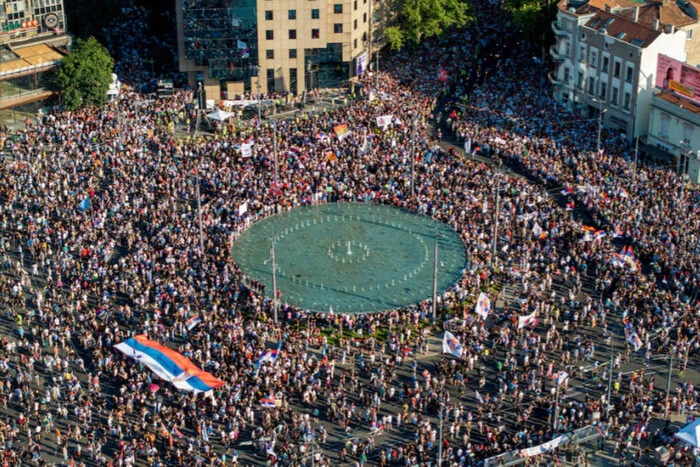The largest iceberg in the world has begun to move again in the Southern Ocean.


Scientists have recorded the movement of the largest iceberg in the world
The giant iceberg A23a has started to move in the Southern Ocean, reports DailyMail. This iceberg, which weighs nearly a trillion tons, is twice the size of London and is marked on world maps.
According to scientists from the British Antarctic Survey (BAS), A23a had been stationary on the sea floor for 30 years but recently began to rotate in place. Experts are curious whether it will join other icebergs that have calved in Antarctica and what impact this will have on the ecosystem.
The iceberg broke away from the Filchner Ice Shelf in 1986 and began its slow journey northward in 2020. It found itself trapped in the Taylor column, which holds objects in place, but new images confirm that the iceberg has freed itself again.
BAS experts hope that A23a will continue its journey towards the Southern Ocean and may reach South Georgia Island. However, due to warm conditions in that region, it is likely to break apart into smaller icebergs that will subsequently melt.
On board the RRS Sir David Attenborough, researchers have collected surface water samples from the ocean near the iceberg's path to study their impact on ecosystems and carbon balance. This data will help better understand the life forming around giant icebergs.
This is the second giant iceberg to calve from the Antarctic shelf in the past two years. Its area is approximately 1550 square kilometers.
Read also
- In Chernihiv region, a child was injured by the explosion of an unknown object
- A 5.5 Magnitude Earthquake Occurred in Pakistan
- Protests against Vucic's government erupt again in Serbia
- Former MP recalled how Kuchma turned the adoption of the Constitution into his own victory
- Keeping a diary and growing strawberries: a 100-year-old resident of Sumy region revealed the secret of longevity
- They poured cognac into the coffee and told jokes. Former MP shared how the Constitution was adopted in 1996










